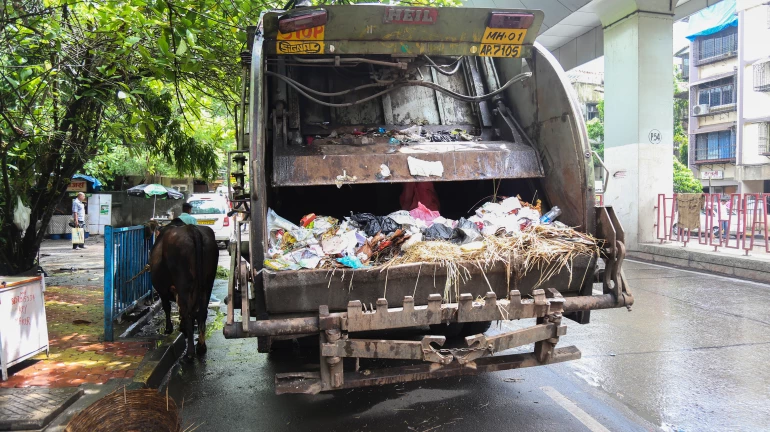
The Brihanmumbai Municipal Corporation (BMC) has decided to take action against the bulk generators that fail to set apart and process their garbage. The civic authorities are making changes in the Solid Waste Management (SWM) Bye-Laws of 2016 that empower the civic body to collect fines from the ones violating the norms. At the moment, less than 50% of societies in Mumbai are processing wet waste on their premises.
On a regular basis, the city produces 6300 to 6500 metric tonnes of garbage daily According to SWM rules, 2016, BMC will have to achieve waste management at source. All housing societies, businesses larger than 20,000 square meters, and bulk generators - those producing more than 100 kg of wet waste - were required by the BMC to begin separate waste collection and composting on their property as of 2017. Out of 2,825 societies, only 1,424 adhere to civic regulations, and the BMC is having difficulty convincing many bulk generators to treat waste at the source. The BMC's action plan to enhance trash management in the city by 2030 has also been impacted by the indifference of the populace.
A senior civic official said that BMC used to serve notice to bulk generators, under section 368 of the Mumbai Municipal Corporation Act. As per this act, the housing societies are required to collect and dispose of the garbage. Some matters were taken to the court that were declared bad in law, the official stated that they stopped prosecuting bulk generators. The official said that they warned them that only dry waste would be collected.
After this warning, the local representatives intervened, and their actions were withdrawn since not collecting garbage would create an unhygienic condition in the city. So they only had to focus on creating awareness in societies said the official.
Several societies stopped processing trash on-site during the COVID-19 period. With the assistance of the legal department, the BMC has now modified the bylaws to enable the local body to levy fines on anyone who violates them. The municipal corporation will ask the public for their opinions and ideas after receiving administrative approval. The authorities of the civic body intend to enforce this regulation within the next month, albeit the precise fine amount has not yet been decided.
More than 90% of bulk producers in the city's 24 administrative wards, including Worli, Ghatkopar, Sion, and Wadala, separate and treat trash on their properties, according to civic sources. Nonetheless, it is discovered that cultures in the western suburbs are hesitant to abide by the laws.
Data:





